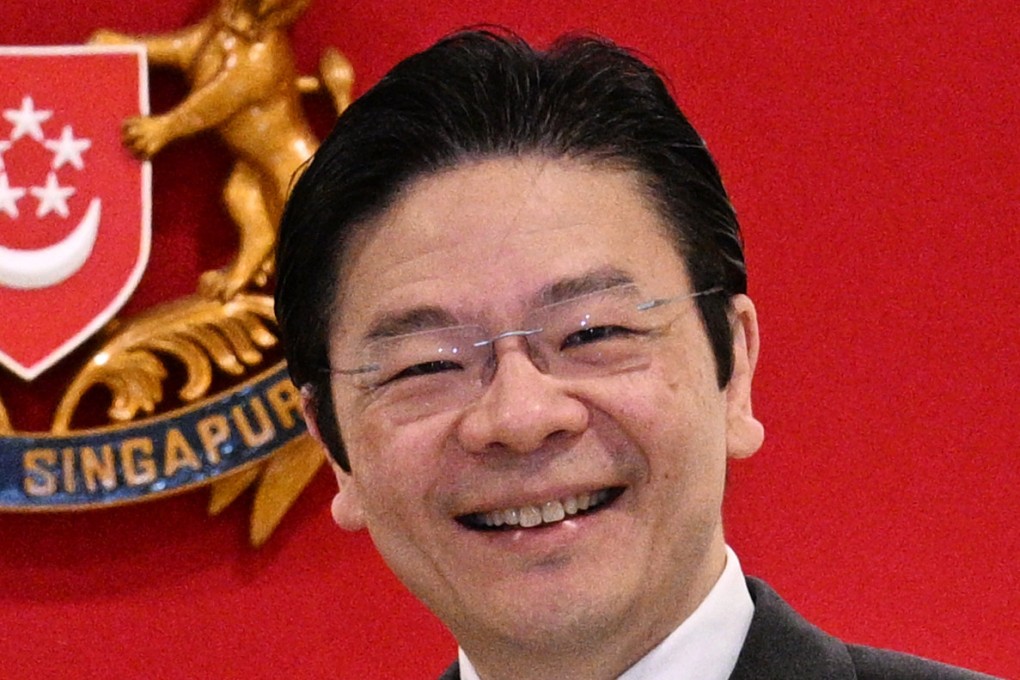Reflections | Singapore gets a new prime minister and, unlike those in imperial China, he won’t vie for power with an absolute monarch
- In Singapore the elected prime minister and government run the country, with the president’s role ceremonial. Lawrence Wong has it easier than Chinese forebears
- In imperial China, emperors needed prime ministers to help run the country, and sometimes their families, but power struggles between the two men were common

Singapore will have a new prime minister on May 15, when the incumbent Lee Hsien Loong steps down, and Lawrence Wong Shyun Tsai takes over. Wong will only be the city state’s fourth prime minister in its 59 years as an independent country.
Despite the impression that Wong is an “anointed successor” to the office, he, like the prime ministers before him, still has to stand in elections.
Singapore is a parliamentary republic with a ceremonial president as the head of state and a prime minister as the head of government who actually runs the country. Many people in East Asia are not familiar with this system of government. The nearest countries with similar arrangements are Bangladesh, India and Pakistan.

While countries like China, France and South Korea also have presidents and the equivalent of prime ministers, their presidents exercise executive authority, and have more powers than their premiers.

